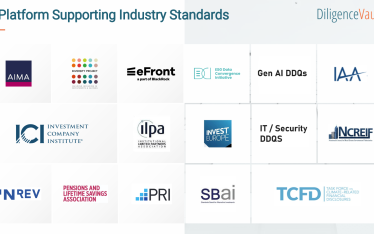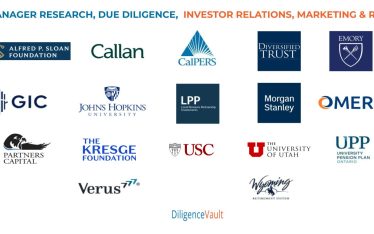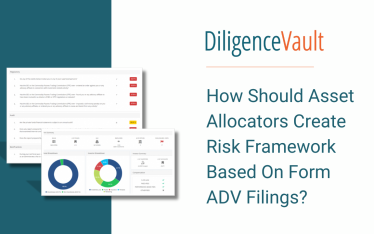It has been a long time since the term “bear market” has been a consistent headline, and the term strikes fear into the hearts of many. Understandably so, allocators and asset managers alike are questioning what to do next in a volatile marketplace.
There are a number of factors that contribute to an uncertain investment environment and the private capital markets are not immune to shifting macroeconomic and market conditions. In this post, we’ll outline those that affect Private Equity Fund Managers in particular – and offer some tips to maintain control in these uncertain times.
Private Equity Fundraising Concerns
If it’s your job to raise capital for a private equity fund, you may find an environment very different from the past few years. There are a number of reasons for this, including:
- External Forces. The marketplace as a whole is facing inflation, geo-political instability, higher energy prices, supply chain limitations, and other lingering pandemic effects such as questions about returning to work, hiring and layoffs. Publicly traded companies are trading lower, with the S&P 500 down about 18% since January 2022.
- The Denominator Effect. As publicly traded stocks drop and other assets decline in value due to market stress, an investor’s exposure to private equity or real estate holdings may be exceeding target allocations. This overexposure to private equity, also known as the denominator effect, can cause some challenges, especially for institutional investors who do not have the flexibility to raise or lower their target allocations quickly.
- Difficulty Raising Capital. Over the past few years, the market has been strong and money has flowed freely into private equity funds. However, we are in a situation now where there’s too much capital chasing too few commitments, alongside private equity allocations that are above target due to the denominator effect mentioned above. The free flow is over. Raising capital has suddenly become much more difficult and funds that don’t have the backing of a huge marketing engine may have to fight to get allocations from limited partners.
- A Saturated Market. The private equity market has become saturated with mega-funds like KKR, Advent, and Apollo, leaving little room for mid-sized and smaller funds. Fundraising cycles for these larger players are also becoming shorter, which means private equity fundraising is becoming increasingly more competitive for some players. It’s a David vs. Goliath situation for some.
Tips for Private Equity Investor Relations in a Volatile Market
Considering the external forces, the denominator effect, and the difficulty raising capital in a saturated market, IR teams may be wondering how to move ahead in this market environment.
Of course, there is still an opportunity for managers to raise capital, but when there are numerous factors outside your control, you have to pay closer attention to what you can control.
It’s a good time to remember the fundamentals of good communication with investors – both current and prospective.
To reach fundraising goals, it behooves IR teams to focus on:
- Prioritizing client needs
- Communicating with clients in a timely, clear way
- Responding to RFPs quickly and correctly
- Ensuring information is accurate and transparent
The Role of Due Diligence in Private Equity Fundraising
When the margin for error is thin, resources are limited, and speed is a differentiator, you need every advantage you can get.
Investor Relations has to understand clients’ needs in order to prioritize them. This means spending time talking to clients, rather than wasting hours and days on manual, repetitive tasks. When you can automate and digitize the private equity due diligence process and gain immediate access to a structured repository of data points, you can respond to private equity due diligence questionnaires and RFPs proactively, accurately, and quickly – as well as stay on top of ongoing data requests.
Historically, investors and fund managers interacted through email, telephone, and face-to-face meetings. These methods have not been conducive to a systematic collection of information at the frequency needed – creating a fragmented approach that is difficult to scale. Speed and accuracy in answering questionnaires can be a real differentiator when you’re competing to raise capital for your fund. It’s a simple premise: The quicker you respond to an RFP, the quicker you can raise money.
In today’s tight private equity fundraising environment, the ability to turn an RFP around within a matter of days or weeks is paramount to fundraising success. Compare this to a manual RFP response process, which can take months to answer hundreds of questions across multiple DDQs, and there is no real guarantee of data accuracy. This is wasted time, particularly when so many questionnaires contain redundant or similar questions.
Given the factors and considerations outlined here, the right technology platform will play an increasingly critical role in private equity fundraising in today’s volatile market. By simplifying your processes and automating repetitive tasks, you can focus on adding value and building trusted relationships with your clients. You’ll raise your game and truly be able to compete for scarce resources, even if size and brand name are not on your side.



